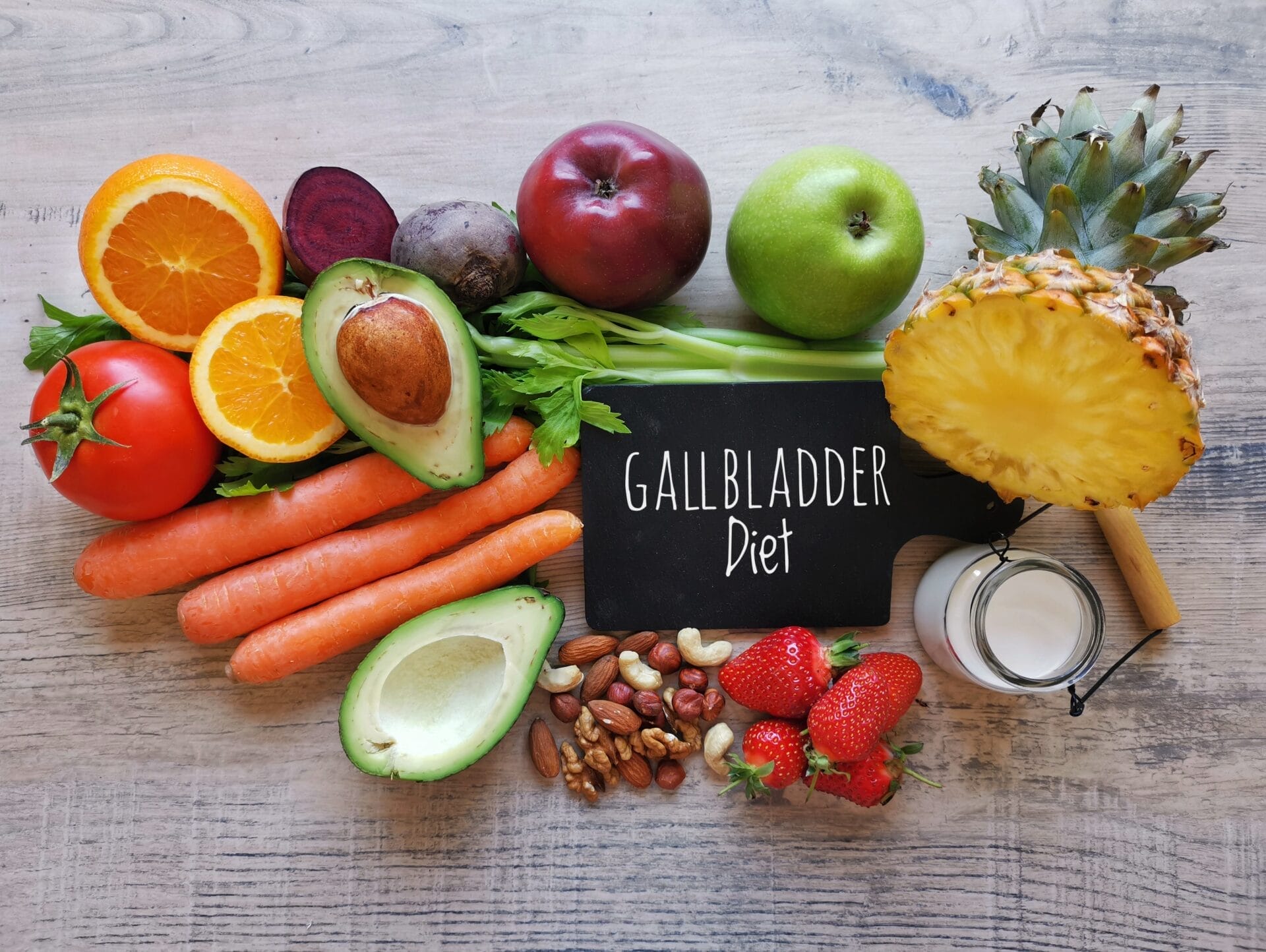Discovering the Benefits of Pineapple for Gallstones
Pineapple is a tropical fruit that many people enjoy for its sweet, tangy flavor and refreshing qualities. But beyond its taste, there may be more to pineapples than meets the eye, particularly when it comes to health benefits. Recent discussions suggest that pineapples could be beneficial for those dealing with gallstones, sparking curiosity and interest.
Gallstones, hardened deposits that can form in the gallbladder, cause discomfort and other health issues. The conventional methods of dealing with gallstones include medication and surgery, but the idea of incorporating natural remedies like pineapple could offer a complementary approach. The primary focus is on bromelain, an enzyme found in pineapples that is thought to aid digestion and reduce inflammation, potentially playing a role in alleviating the symptoms associated with gallstones.

Including pineapples in your diet may not dissolve gallstones directly, but it might help improve overall digestive health. The bromelain enzyme helps break down proteins, ensuring smoother digestion and potentially reducing the workload on the gallbladder. For those prone to digestive issues or gallstones, adding pineapple could provide some relief. Furthermore, the anti-inflammatory properties of bromelain have been linked to pain reduction, which could help mitigate some of the discomfort associated with gallstones.
Another compelling reason to consider pineapple is its high vitamin C content. Vitamin C is essential in maintaining a healthy immune system, but it is also known to play a role in cholesterol regulation. Lower cholesterol levels, in turn, might decrease the risk of gallstone formation, as cholesterol is a primary component of many gallstones. By supporting cholesterol management, vitamin C-rich pineapples may indirectly contribute to preventing gallstone issues from worsening.
Hydration is another critical factor in digestive health and gallstone prevention. The high water content in pineapples can contribute to keeping your body well-hydrated, supporting the gallbladder in flushing out excess substances that could form stones. Additionally, pineapple is relatively low in calories, making it an attractive snack option for those looking to maintain a healthy weight, another important factor in managing gallstone risk.
While pineapples offer these potential benefits, it’s crucial to approach any natural remedy with a sense of balance and caution. Individuals dealing with gallstones should not see pineapple as a replacement for medical treatment. Consulting healthcare professionals before significantly changing your diet is always recommended, especially if gallstones are a concern.
Nevertheless, incorporating moderation into your diet can promote digestive health and offer refreshing variety. Enjoying the fruit as part of a balanced intake can be a delicious way to explore its possible advantages. Whether added to smoothies, salads, or consumed on its own, it provides a troopical twist to any routine.
In summary, pineapples contain properties that might assist in managing gallstone-related symptoms and promoting overall digestive well-being. While they aren’t a cure, their regular inclusion, alongside standard medical advice, could support a holistic approach to health. By understanding the potential role of pineapple in gallstone management, individuals can make informed decisions about their diet and wellness strategies, embracing both nature’s gifts and medical advances to their benefit.













